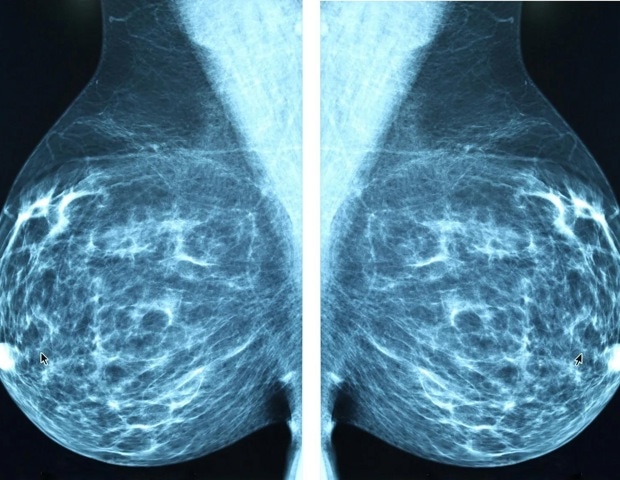
From virtual counselors that detect depression in a person’s voice to smartwatches that monitor stress levels, artificial intelligence is set to transform mental health care for breast cancer patients. A new paper by J. Kim Penberthy, PhD, from the UVA Cancer Center, highlights how AI can ensure patients receive crucial support. According to the researchers, AI can identify those at risk for mental health struggles, facilitate early treatment, provide continuous psychological monitoring, and perform personalized interventions.
The announcement comes as AI technology advances rapidly, promising to overcome significant barriers in mental health care. By expanding options beyond clinic walls, AI can deliver care precisely where and when it’s needed, including in rural areas with limited access to mental health services. Soon, medical professionals may integrate multiple AI technologies to offer a “holistic, interactive treatment experience,” ensuring mental health support is as robust as cancer treatment itself.
“AI can help us notice when a patient is struggling and get them the right support faster,” said Penberthy, a clinical psychologist at UVA Health and UVA Cancer Center. “This technology is moving quickly, and it’s exciting to see how soon it could make a real difference in people’s lives.”
Breast Cancer and Mental Health
Breast cancer remains the most common cancer among women, with 2.3 million new diagnoses annually. Up to half of these patients experience anxiety, depression, or post-traumatic stress disorder (PTSD). Despite advances in breast cancer treatment, mental health support has not kept pace, the UVA researchers note.
“Mental health care is a lifeline for women with breast cancer,” Penberthy emphasized. “Up to half experience anxiety or depression, and without support, treatment and quality of life can suffer. AI can help spot distress early and connect women to the care they need.”
The co-authors envision a future where AI plays a critical role in mental health support. The technology should not replace clinicians but extend their reach. By monitoring patients in real time, AI could alert doctors to potential struggles or signs of depression. AI-powered chatbots and telepsychiatry platforms offer scalable, cost-effective solutions to increase access to psychological care.
AI’s Role in Mental Health Care
AI chatbots, far more advanced than their predecessors, can provide on-demand emotional support, suggest coping mechanisms, and offer continuous psychological support even when therapists are unavailable. The researchers highlight AI’s potential to improve the “accessibility, personalization, efficiency, and cost-effectiveness” of mental health care for breast cancer patients.
However, they caution that AI also presents challenges and ethical considerations. For instance, while AI can analyze mental health data, it requires strict safeguards to protect patient privacy. Additionally, studies show AI may “underperform” for patients from minority backgrounds, potentially exacerbating care disparities.
“Those are the type of things that doctors and researchers will have to keep in mind as they explore the potential of AI,” Penberthy and her collaborators say. But they remain optimistic about AI’s “immense” potential for improving mental health support for breast cancer patients.
UVA’s Cutting-Edge Cancer Research
Finding new ways to improve patient care is central to the missions of the UVA Cancer Center and UVA’s Paul and Diane Manning Institute of Biotechnology. The UVA Cancer Center is one of only 57 “comprehensive” cancer centers recognized by the National Cancer Institute for exceptional patient care and research.
The Manning Institute aims to accelerate the development of new treatments and cures for challenging diseases. This effort is complemented by a statewide clinical trials network that expands access to potential new treatments as they are developed and tested.
The paper by Penberthy and her co-authors, including Jennifer Bires, MSW, LCSW, OSW-C, has been published in the scientific journal AI in Precision Oncology, marking a significant step forward in integrating AI into mental health care for cancer patients.
As AI continues to evolve, its potential to positively impact healthcare is vast. The researchers are optimistic about the future, anticipating significant advancements in mental health support for breast cancer patients and beyond.





